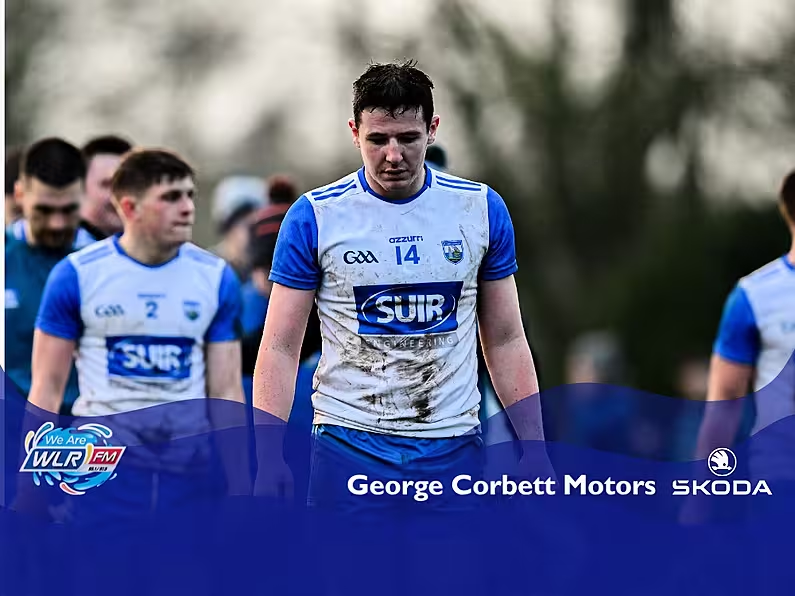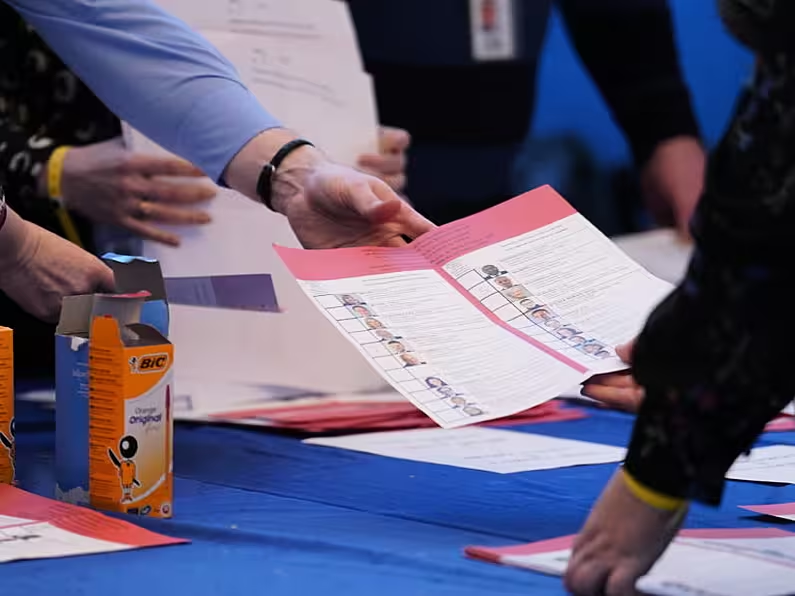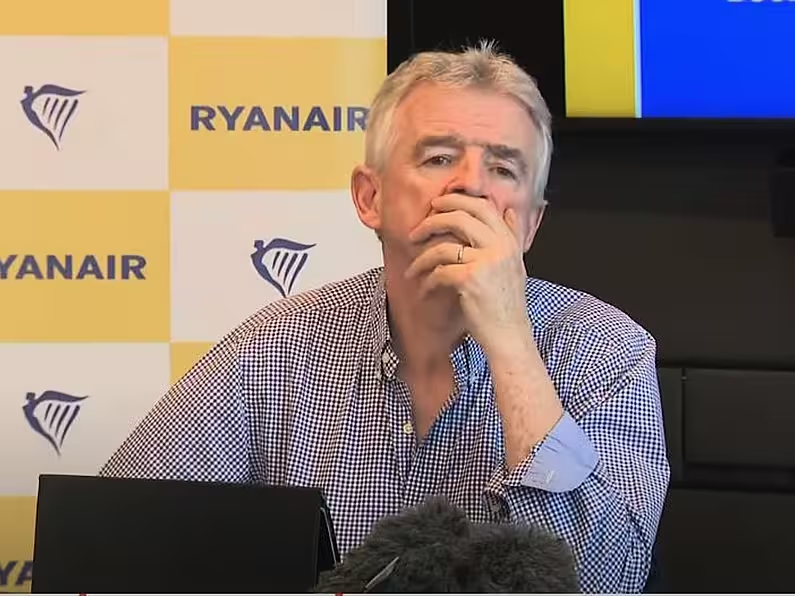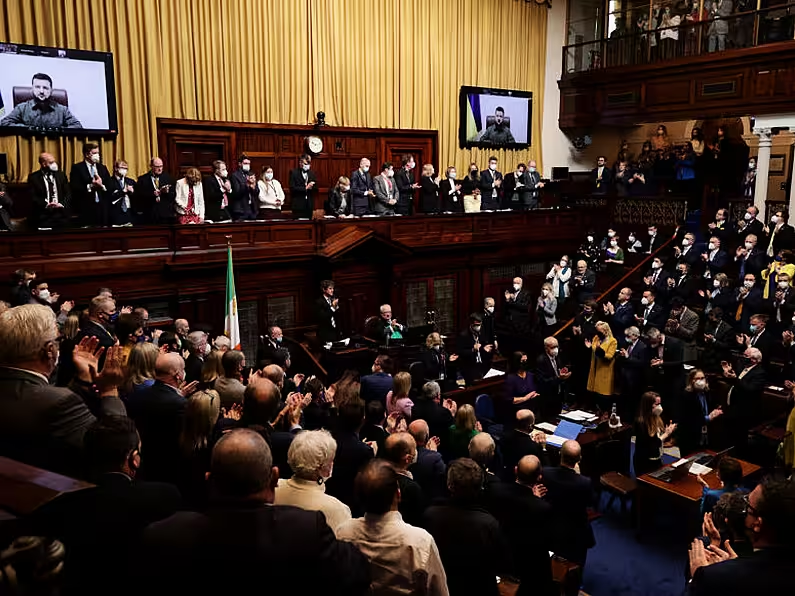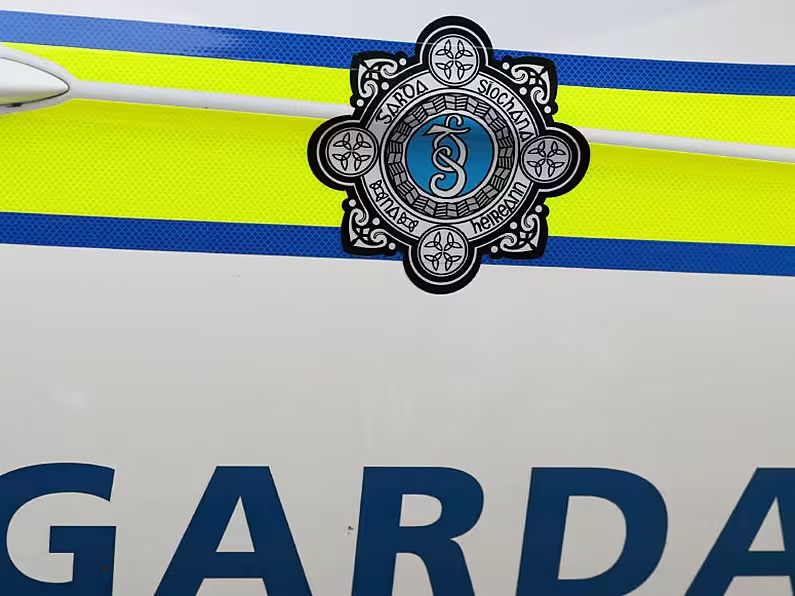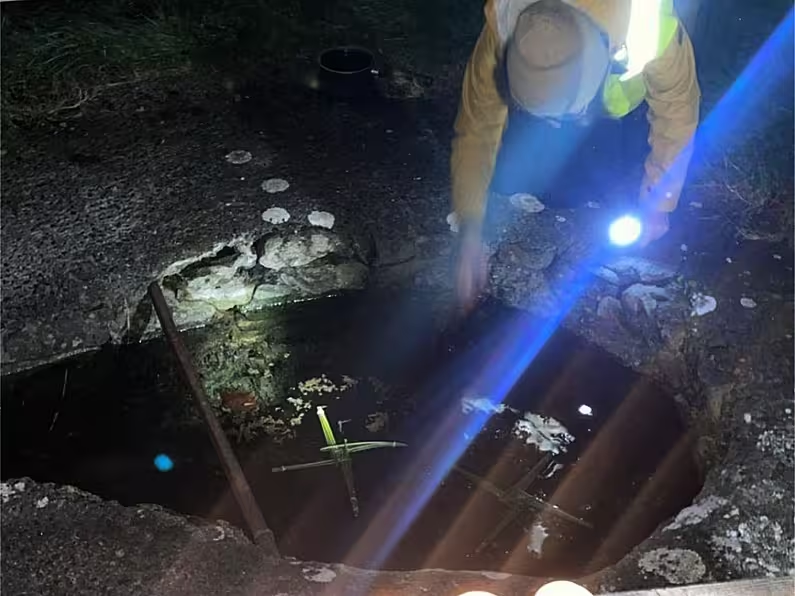By David Young, PA
Northern Ireland’s police chief wrote to Stormont ministers early in the Covid pandemic expressing concerns about a lack of clarity in Covid-19 regulations.
In the April 2020 letter, Simon Byrne questioned the appropriateness of continuing to ask his officers to enforce health regulations, suggesting that health and safety officials or council wardens should be taking on the role.
He warned that asking police to step outside their “traditional” enforcement role risked “medium term consequences for public confidence”.
The chief constable’s letter has been obtained by the PA news agency through a Freedom of Information request.
The letter was sent to Health Minister Robin Swann, and copied to First Minister Arlene Foster, deputy First Minister Michelle O’Neill and Justice Minister Naomi Long, two-and-a-half months before the funeral of former IRA leader Bobby Storey.
The police’s handling of the huge funeral, which took place when strict limits on numbers were in place, became arguably the most controversial episode of the Covid-19 pandemic in Northern Ireland.
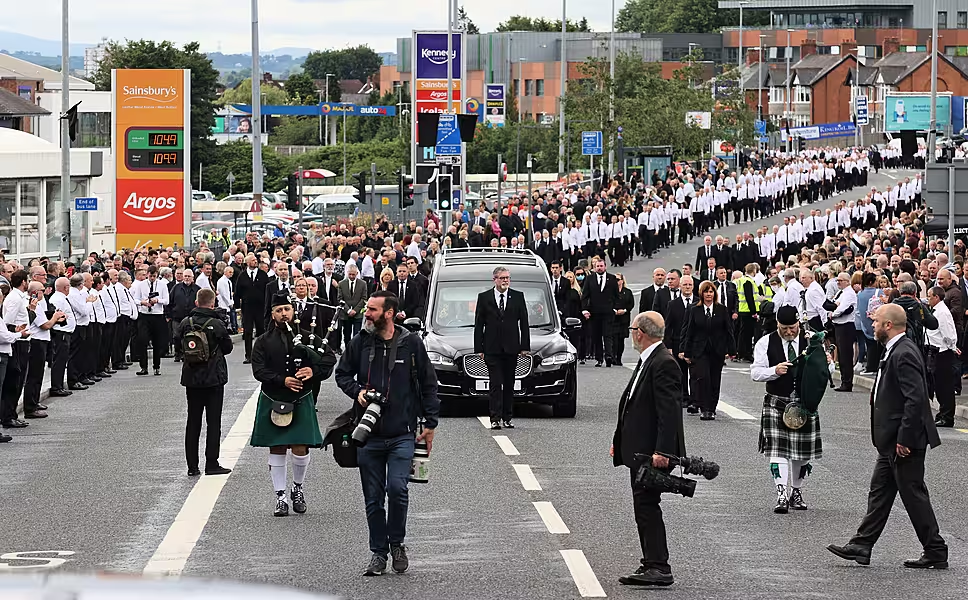
In its decision not to prosecute 24 Sinn Féin politicians who attended the event in west Belfast, prosecutors cited a lack of clarity around Stormont’s health regulations as one of the main reasons any case would be likely to fail.
Police engagement with the funeral organisers was identified as another factor in the Public Prosecution Service’s decision not to prosecute for breaches of the regulations.
Mr Byrne faced calls from all the main unionist parties in Northern Ireland to resign following the PPS decision in March.
However, the senior officer refused to stand down and insisted he had written to Stormont ministers raising concerns about a lack of clarity around the regulations in April 2020.
That April 17th, 2020 letter has now been obtained by PA.
Flagged issues
It does not make specific reference to regulations around funerals and instead raises concerns about the Covid-19 regulations in general.
The letter also flags some specific issues that were the focus of public attention at the time of writing, such as uncertainty whether people could travel to another location to undertake exercise and the fact some councils had taken different approaches to opening recycling centres.
In the three-page letter, Mr Byrne asked for Stormont to establish a formal “commissioning arrangement” that would see police engaged by the Department of Health to enforce its regulations.
“I believe such a commission would provide the necessary legitimacy to what we are being asked to achieve,” he wrote.
“I understand whilst your department (Mr Swann’s) has primary responsible for the Regulations this is something that you may wish to involve Executive colleagues in.”

It is understood such a commission was not set up.
Mr Byrne also questioned why it was that the PSNI was being asked to enforce the regulations.
“As thoughts turn to any changes in the regulations and future easing of the restrictions in place, I would ask again that you give consideration to designating other public officials and enforcement bodies,” he wrote.
“I do not believe it is appropriate or desirable that police officers continue to fill the space of other roles such as environmental health enforcement, health and safety, council wardens etc.”
The chief constable noted that there was an apparent “reluctance” among council chief executives to adopt a formal enforcement role.
“Whilst I appreciate that this is being kept under review, the risk of policing fulfilling responsibilities outside our “traditional” role have medium term consequences for public confidence,” he added.
Mr Byrne also called for prior consultation with police over future regulation changes to “ensure the policing implications of any proposed changes are fully understood”.
The police chief said the differences in council policies in respect of opening recycling centres “risks further confusing public understanding of how the Regulations are being enforced”.
Confusion
He warned that “a lack of coordinated approach across the public sector risks further confusion within the community”.
In the correspondence, Mr Byrne attached a letter he had received from then attorney general John Larkin making clear that he believed people could travel to undertake exercise under the regulations.
Mr Larkin had raised concern that the police had made comments to the contrary and urged the organisation to clarify those.
Part of Mr Byrne’s stated purpose for penning the letter to the Stormont ministers was to seek clarity on the concerns raised by Mr Larkin.
In a responding letter, dated April 21st, also seen by PA, Health Minister Robin Swann wrote he was happy for his officials to work with the PSNI to “develop a document that sets out expectations in terms of the PSNI’s enforcement role”, adding he was content that that document would be referred to the Executive.
Mr Swann also wrote that he had considered introducing a 2km travel limit, similar to the Republic of Ireland’s coronavirus rules, but concluded it would “make enforcement potentially very difficult”.





